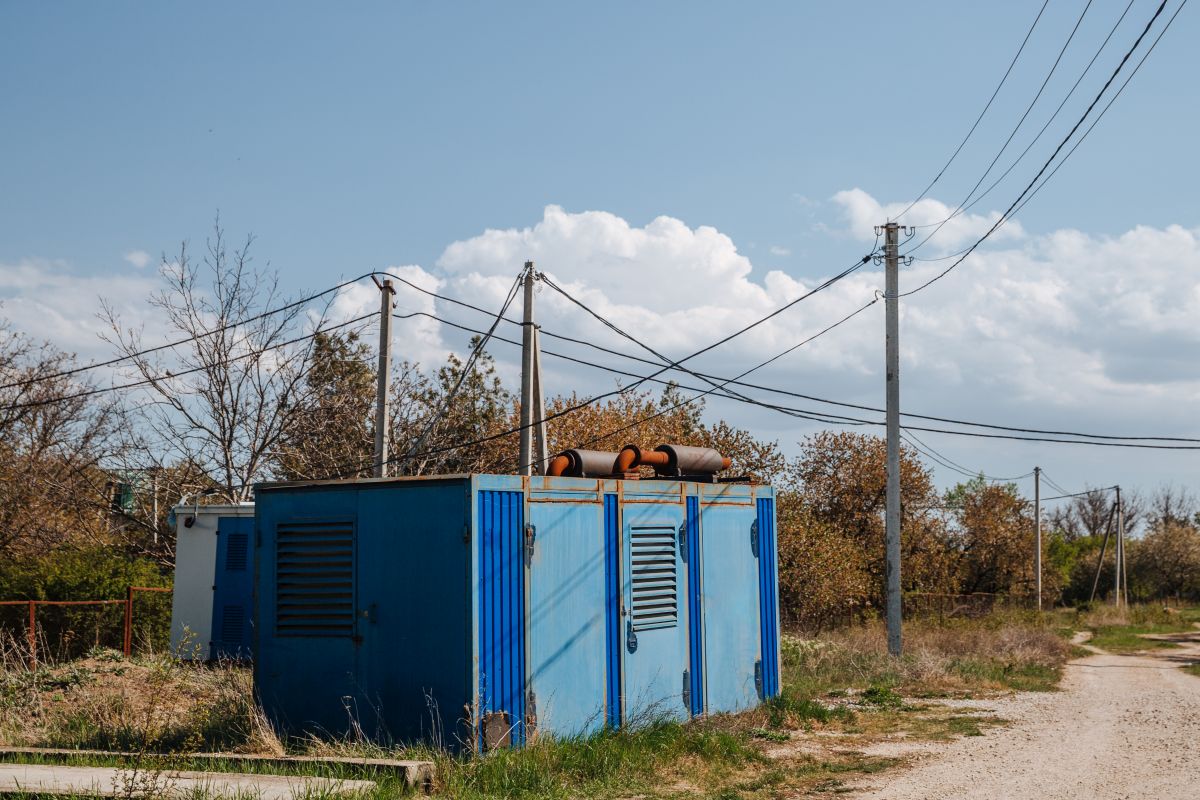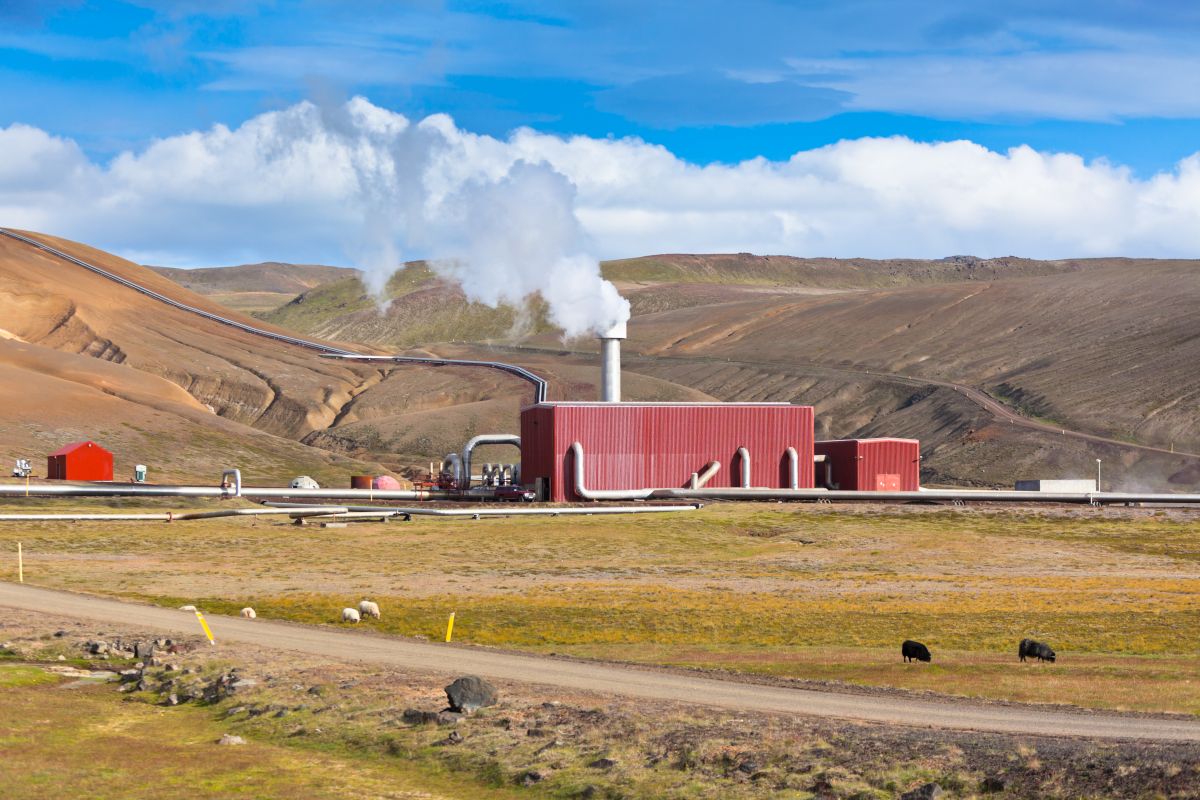WWW.UTILITYDIVE.COM
But the Southwest Power Pool’s plan discriminates against clean energy resources by failing to account for fossil power plant fleet performance during cold weather, renewable energy advocates said.
Dive Brief:
- In a move to improve grid reliability, the Southwest Power Pool on Friday proposed adopting an effective load carrying capability – or ELCC – accreditation methodology for wind, solar and energy storage resources, and a performance-based accreditation – or PBA – methodology for thermal and other conventional resources.
- The proposed ELCC and PBA methodologies will allow SPP to have a more accurate understanding of which resources will be available when needed based on their past performance, the grid operator said in its proposal filed with the Federal Energy Regulatory Commission.
- SPP’s proposal doesn’t resolve “underlying discriminatory failures” identified in a previous proposal that was rejected by FERC, mainly on procedural grounds, according to advocacy groups. “SPP’s proposal fails to accurately assess the vulnerabilities of aging coal and gas plants – which have failed again and again during recent extreme weather events – and continues to discriminate against cleaner wind and solar resources,” Aaron Stemplewicz, an Earthjustice attorney, said in a statement.
Dive Insight:
Like other grid operators, SPP aims to better assess the reliability and resource adequacy contributions different types of resources can provide.
SPP has been having significant operation issues as its generating fleet has evolved with large amounts of wind generation coming online, according to the grid operator that has a footprint from eastern New Mexico to Montana.
At 9:42 a.m. on June 6, for example, SPP’s wind fleet accounted for 110.6 MW compared to 5,073 MW of accredited capacity, according to the grid operator.
And during Winter Storm Uri in 2021, 13 GW of gas resources were available in SPP compared to 30 GW of accredited capacity and 17 GW of coal resources were operating, down from 22 GW of accredited capacity, according to SPP.
“These factors mandate that SPP adopt a methodology for accrediting capacity that better anticipates the availability of resources based on how they have historically performed during similar periods,” the grid operator said.
At the same time, SPP’s load is growing and its reserve margins are shrinking, intensifying the need to understand how much capacity will be available when needed, according to the grid operator.
SPP’s current accreditation for wind, solar and storage fails to account for their reliability value decreasing as more is added to the grid, according to the grid operator. And its accreditation methodology for conventional resources doesn’t consider historical availability and performance, SPP said.
SPP’s proposal addresses those problems by adopting ELCC methodologies for wind, solar and storage fleets and a PBA methodology for individual conventional power plants. The PBA would be based on a power plant’s “equivalent forced outage rate” during times the resources are needed. It will encourage better performing power plants, SPP said.
SPP also proposed to adopt an “accredited capacity” reserve margin to reflect the planned shift in accreditation for conventional power plants. If approved, the new reserve margin framework would take effect for the 2026 summer season.
FERC initially approved a previous SPP accreditation proposal in August 2022, but reversed that decision in March. In those decisions, FERC Commissioner Allison Clements said SPP’s proposed capacity accreditation structure was discriminatory because it would cut the capacity accreditation of wind and solar resources based on historic performance, but failed to account for non-performance of other resource types.
SPP’s proposal responds to concerns raised in FERC’s decision to reject its last proposal and from Clements, according to the grid operator.
In a change from its initial plan, SPP said it took up the PBA methodology to accredit all resources similarly by accounting for historical non-performance.
SPP asked FERC to approve its proposal by May 23 and that it take effect on Oct. 1, 2025.
Groups like the Sierra Club, the Sustainable FERC Project at the Natural Resources Defense Council and Renew Missouri said the proposal includes discriminatory elements found in its previous plan.
Although SPP proposed revising its accreditation for thermal power plants to account for their performance over the course of a year, it doesn’t tackle the issue of their widespread outages during extreme weather, according to the groups.
In contrast, the proposed accreditation for wind and solar resources would be based entirely on their collective ability to perform during the highest-risk hours, they said.
“If FERC approves this plan, ratepayers will be the main victims: they will be forced to pay for a massive and unnecessary gas overbuild, while facing additional risk of blackouts during extreme weather events,” Greg Wannier, a Sierra Club senior attorney, said.
SPP didn’t immediately respond to a request for comment.












